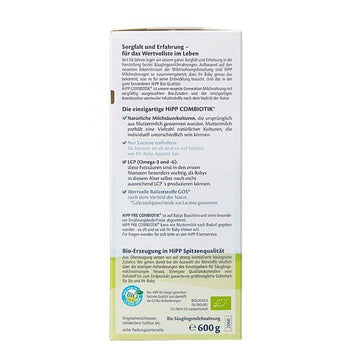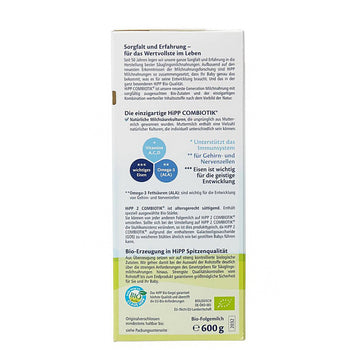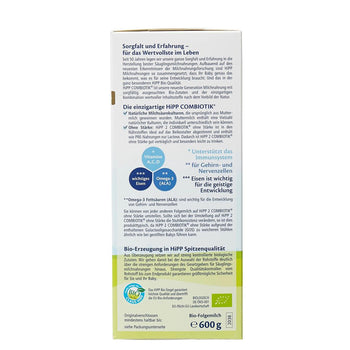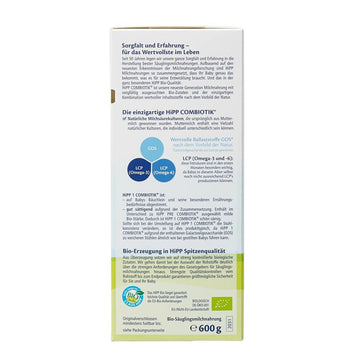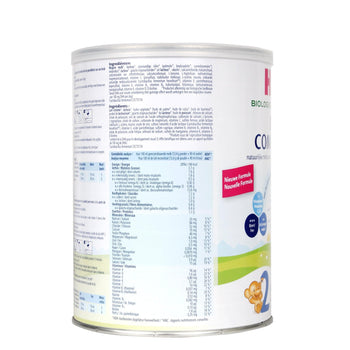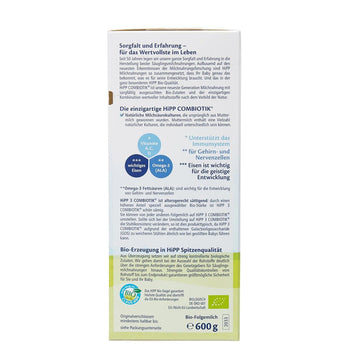When it comes to introducing solid foods to your baby, one of the most common recommendations you’ll hear is to start with baby cereal. But is baby cereal actually good for babies? This question has sparked a lot of debate among parents and healthcare professionals alike. In this blog post, we will delve into the nutritional value, benefits, and potential drawbacks of baby cereal to help you make an informed decision.
What is Baby Cereal?
Baby cereal is typically made from grains such as rice, oats, or barley that have been processed into a fine powder. It is often fortified with essential vitamins and minerals like iron, which are crucial for a baby's development. Baby cereals are usually mixed with breast milk, formula, or water to create a smooth consistency that’s easy for babies to swallow.
Nutritional Value of Baby Cereal
Iron Fortification One of the primary reasons pediatricians recommend baby cereal is because it’s often fortified with iron. Iron is vital for cognitive development and the production of hemoglobin in red blood cells. Babies are born with a store of iron that starts to deplete around 6 months of age, making it essential to introduce iron-rich foods at this stage.
Other Nutrients In addition to iron, many baby cereals are fortified with other essential nutrients such as:
- Vitamin B: Important for energy production and brain development.
- Calcium: Crucial for bone growth.
- Zinc: Supports immune function and cell growth.
Benefits of Baby Cereal
Easy Digestion Baby cereals are designed to be easily digestible. The grains are processed in such a way that they break down quickly in your baby's digestive system, reducing the risk of constipation or other digestive issues.
Customizable Consistency One significant advantage of baby cereal is its versatility. You can adjust the consistency by adding more or less liquid depending on your baby's needs and developmental stage. This makes it easier for babies who are just starting on solids.
Allergy-Friendly Options Many baby cereals come in hypoallergenic varieties like rice or oat cereals, which are less likely to cause allergic reactions compared to other foods like dairy or soy products.
Potential Drawbacks of Baby Cereal
Arsenic Concerns One major concern regarding rice-based baby cereals is their potential arsenic content. Rice tends to absorb more arsenic from soil compared to other grains. Long-term exposure to arsenic can have adverse health effects. To mitigate this risk, consider alternating between different types of grains like oats or barley.
Lack of Fiber While easy digestion is an advantage, it also means that baby cereals often lack fiber compared to whole fruits and vegetables. Fiber is essential for healthy digestion and can help prevent constipation as your child grows older.
Added Sugars and Preservatives Some commercially available baby cereals contain added sugars or preservatives that may not be ideal for your baby's health. Always read labels carefully and opt for organic or minimally processed options whenever possible.
Alternatives to Baby Cereal
If you’re hesitant about introducing baby cereal due to its potential drawbacks, there are several nutritious alternatives you can consider:
- Pureed Vegetables: Sweet potatoes, carrots, and peas offer excellent nutritional value.
- Mashed Fruits: Bananas, avocados, and applesauce provide natural sweetness without added sugars.
- Legumes: Lentils and beans can be mashed into a smooth consistency rich in protein and fiber.
Expert Opinions on Baby Cereal
Pediatricians generally agree that while baby cereal can be part of a balanced diet when introducing solids, it should not be the sole source of nutrition beyond breast milk or formula. Diversifying your baby's diet by including various fruits, vegetables, proteins, and whole grains will ensure they receive all necessary nutrients for optimal growth and development.
Dr. Jane Smith from the American Academy of Pediatrics states:
"Baby cereal serves as an excellent introductory food due to its ease of digestion and iron fortification but should be complemented with other nutrient-dense foods."
Conclusion: Is Baby Cereal Good for Babies?
In summary, baby cereal offers several benefits such as ease of digestion and essential nutrient fortification but also comes with some potential drawbacks like arsenic content in rice-based options and lack of fiber. While it's generally safe when chosen carefully (opting for organic varieties without added sugars), it should not be relied upon exclusively.
Introducing a variety of foods will provide your baby with a well-rounded diet necessary for healthy growth and development. Always consult your pediatrician before making significant changes to your baby's diet plan.
By understanding both the pros and cons associated with baby cereal, you can make an informed decision that best suits your child's nutritional needs.
Looking for high-quality, organic baby cereal? Visit Euromallusa to shop our selection of premium baby cereals and give your little one the best start!















